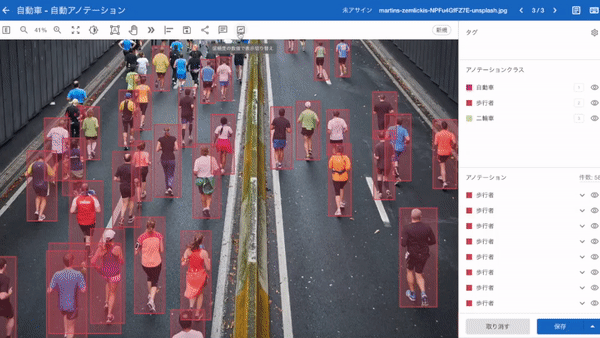
GUO LONG
PhD
I am Guo Long, currently a doctoral student at the Graduate School of International Public Policy, Osaka University.
I am responsible for collaborative research in partnership with government ministries and agencies, as well as organizations such as the Japan Science and Technology Agency (JST), the New Energy and Industrial Technology Development Organization (NEDO), and the Japan Agency for Medical Research and Development (AMED), to address a wide range of research challenges.
My research lies at the intersection of economics, public policy, and international development, with a particular emphasis on development economics. I specialize in development economics and international economics, conducting research to identify the root causes of poverty in developing countries and to explore effective policies for sustainable economic growth. As globalization advances, the impact of one nation’s policies on others can no longer be overlooked. Thus, economic development in developing countries increasingly requires international policy coordination and the adjustment of national interests.
For example, promoting industrialization in developing countries often results in higher greenhouse gas emissions. In such cases, cooperative approaches may be proposed—such as those exemplified by the Clean Development Mechanism (CDM), where advanced countries with emission reduction obligations support the introduction of low-emission technologies, enabling developing countries to pursue industrialization while mitigating environmental impacts.
Department of Economics, osaka University, JP
I am a researcher who integrates management studies, economics, international public policy, and information science, pursuing an interdisciplinary approach with economics as the core discipline.
In my research to date, I have applied theoretical modeling and statistical analysis in economics, combined with data analytics and quantitative finance methodologies, to examine macroeconomic fluctuations and the risk structures of financial markets. From the perspective of international public policy, I have also analyzed global issues such as educational inequality, development aid, and trade and migration policies, conducting empirical evaluations of their impacts.
Furthermore, I have expanded my focus to themes related to the SDGs and sustainable growth, quantitatively evaluating the interactions between environmental policies, gender equality, education, and economic development. In addition, I am advancing the integration of economics with information science by employing AI, network science, and computational social science to design new models for economic analysis, develop frameworks for cybersecurity and economic incentives, and apply game theory and complex network analysis to resource allocation.
In recent years, I have also emphasized information security within the field of information science, engaging in research on malware detection, cyberattack defense models, and AI-driven dynamic risk management. At the same time, I have extended my work to data analysis in the healthcare domain, applying statistical methods to patient data, epidemiological information, and healthcare resource allocation, with the aim of improving medical efficiency and addressing health disparities.
By combining management studies, economics, public policy, information science, information security, and healthcare data analytics, I seek to go beyond the boundaries of traditional disciplines and contribute new academic insights that can address pressing challenges in both the digital and global society.





Publications
Graduate School – Master’s Thesis: “Economic Fluctuations in Nigeria: On the Stationarity of Macroeconomic Variables”
This study analyzes the statistical properties of Nigeria’s key macroeconomic indicators—GDP growth rate, Consumer Price Index (CPI), interest rates, and exchange rates—with the aim of clarifying patterns of economic fluctuations. In particular, it employs time-series analytical methods to examine the stationarity of economic fluctuations and to assess their long-term implications.

